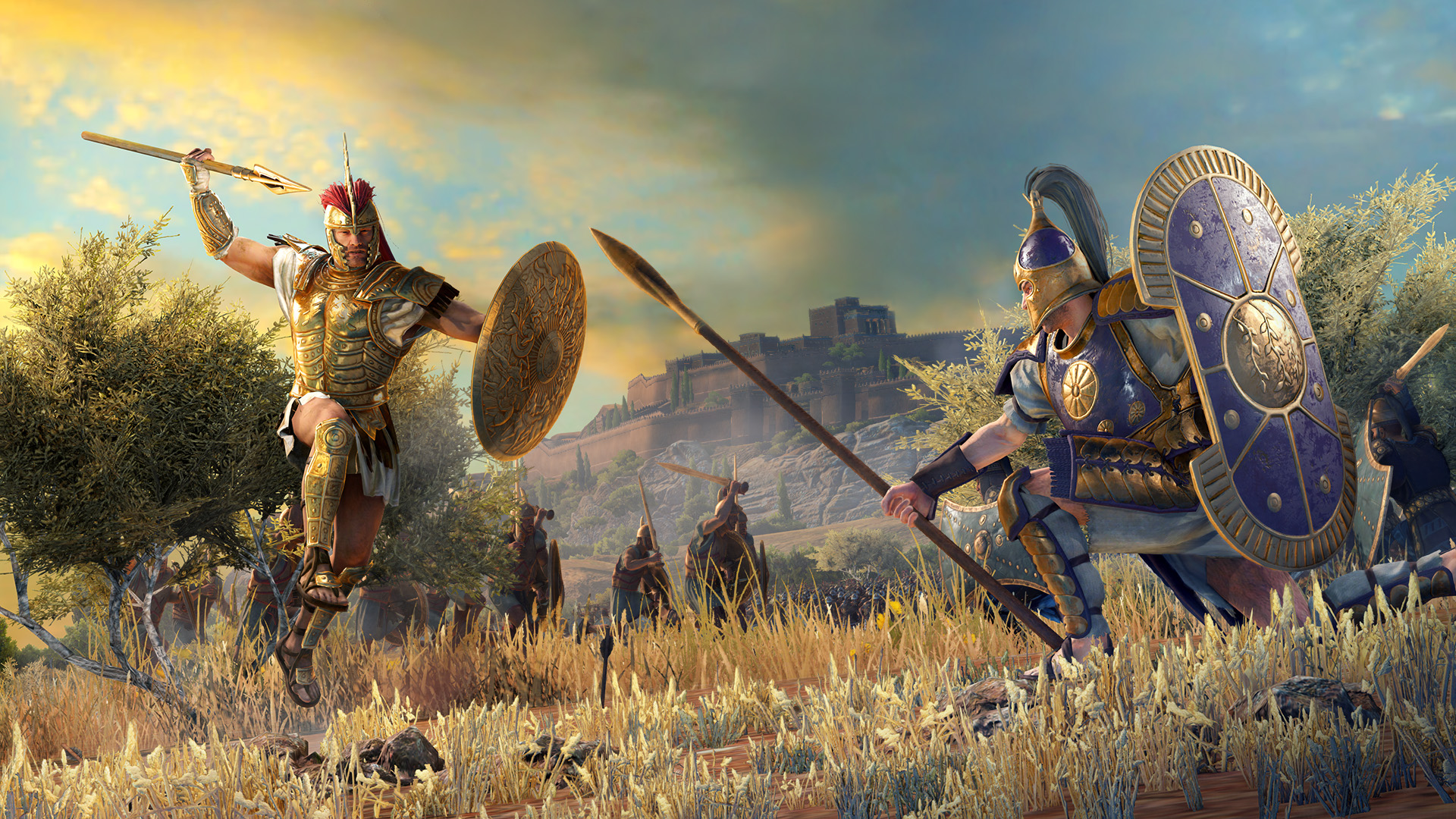I’ve been roleplaying since shortly before the great flood and come across a lot of RPG systems that handle task resolution in many and varied ways. One of the big ones is always the combat system – even in rules-lite games the combat system is (usually but not always) more complex than the rest of the game system with more granular options. There are of course exceptions and some games go for the universal mechanical approach that treats combat scenes just like any other scene.

The normal approach I think grew out of D&D’s roots inside the wargaming hobby and though the RPG scene (including D&D) grew quickly past the simple recreation of fantasy skirmishes there has been a big focus on the combat scene as the core activity of many role playing game sessions.
Personally I’ve never been a big fan of combat for its own sake. Even when I play Fighty McFighter type characters I don’t want the game session to be taken up with lengthy combat encounters in which there is little scope for roleplaying other than pithy one liners and then the wait for the chance to roll a dice comes round again. I have fun doing it of course, with a decent GM and a group of friends taking part it can make a great night, but my advancing chronological existence and demands on my time mean my game sessions tend to be limited to 2-3 hour blocks and I don’t want the bulk of that to be taken up with rolling dice to see how quickly an abstract count of enemy resources can be reduced to zero. Combat in fantasy fiction is exciting (or should be) and is more about the emotions and characters of the participants than it is about describing the endless back and forth of blows, parries, minor wounds etc (or in the case of Runequest, major wounds and the loss of limbs)
What I’m leading up to with this musing are some thoughts I’ve had about what elements make a combat encounter interesting. There are lots of factors of course including a memorable area in which it takes place, with environmental effects, fascinating characters as opponents and allies, and of course appropriate stakes.
In addition to these though there need to be meaningful choices within the scene itself other than simply “Run at each other repeatedly and roll dice till one of us falls over” – and as a starting point I’ve come up with the following breakdown which I’ll try to apply when I’m planning scenes in which combat may occur:
If the PCs heavily outmatch the opponents
- What could go wrong to give the PCs a challenge?
- What relevant choices are the PCs given to demonstrate their character?
- What could be presented as a challenging option to gain a greater advantage for after the combat?
If the PCs are heavily outmatched by opponents
- What happens to quickly demonstrate that the PCs are outclassed?
- What challenges exist for the PCs to be able disengage from the combat?
- What very challenging option might exist with which the PCs can improve their position?
IF the PCs are of equivalent power to opponents
- What happens to demonstrate that the opponents are a real threat?
- What choice can be made to gain the upper hand and what is the potential cost of that?
- What choice can be made to disengage or de-escalate and what is the potential cost of that?
These are just the skeletons of ideas so far. I’ll flesh them out as I go and post about what happens.
Finn’s first novel A Step Beyond Context is available on Amazon.co.uk and Amazon.com and a few others as well. It’s a punchy genre-busting mystery with a heroine who is a Regency lady, a high tech mercenary and much more.
Comments
Post a Comment